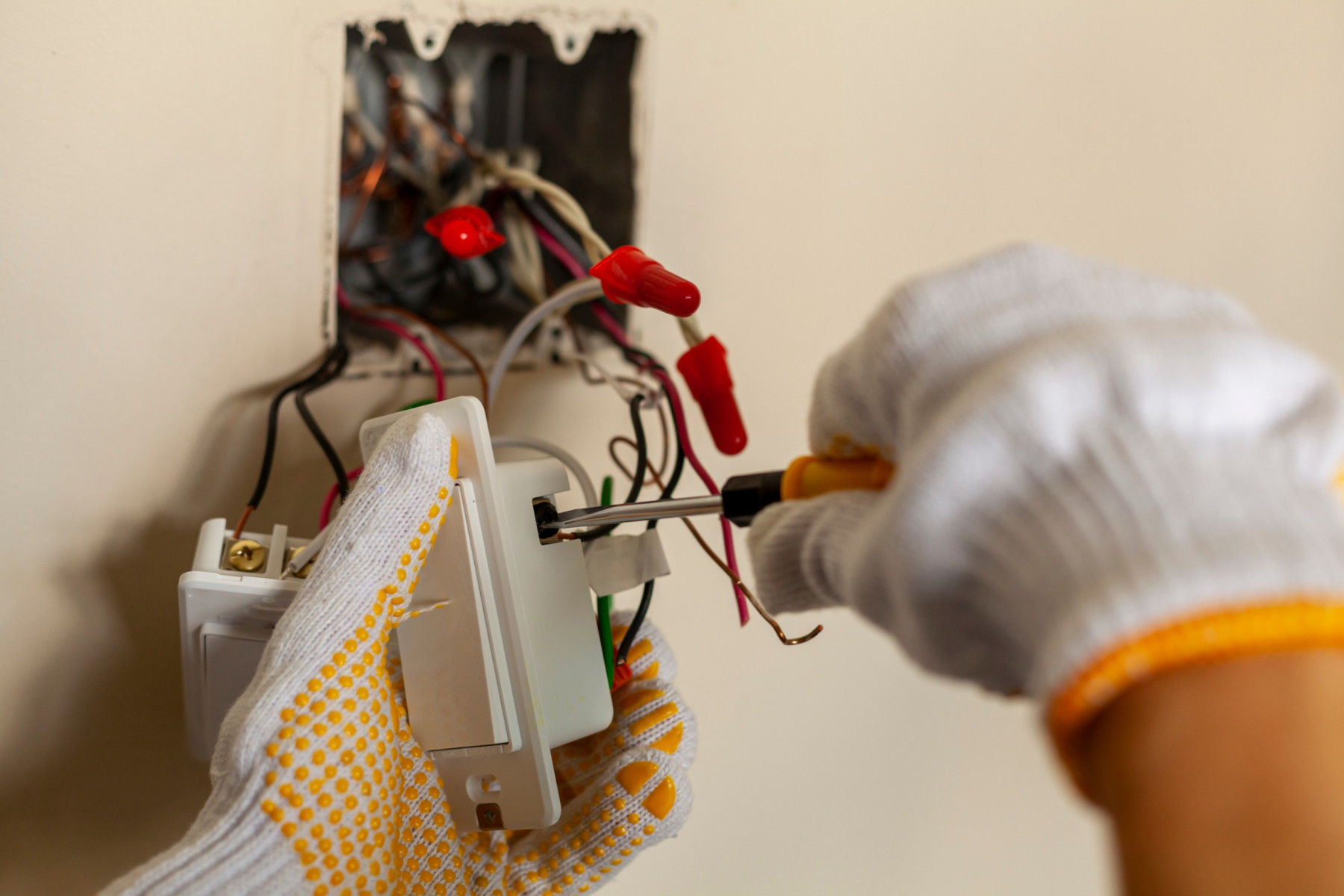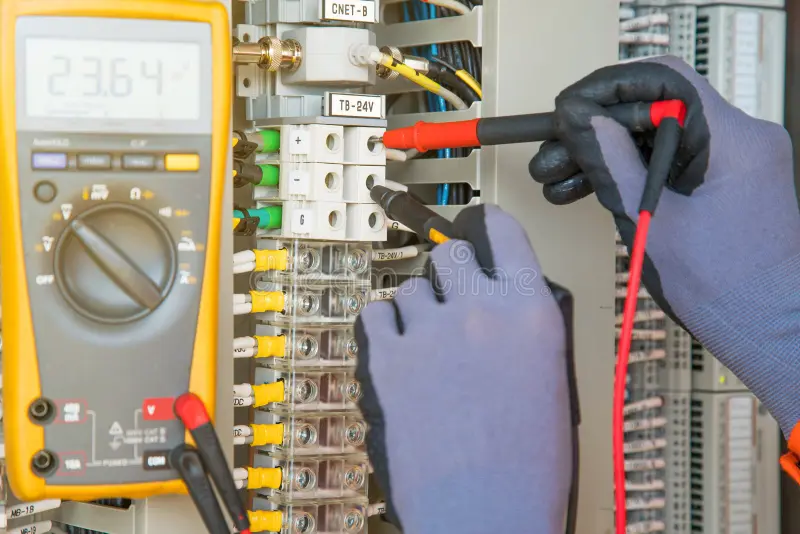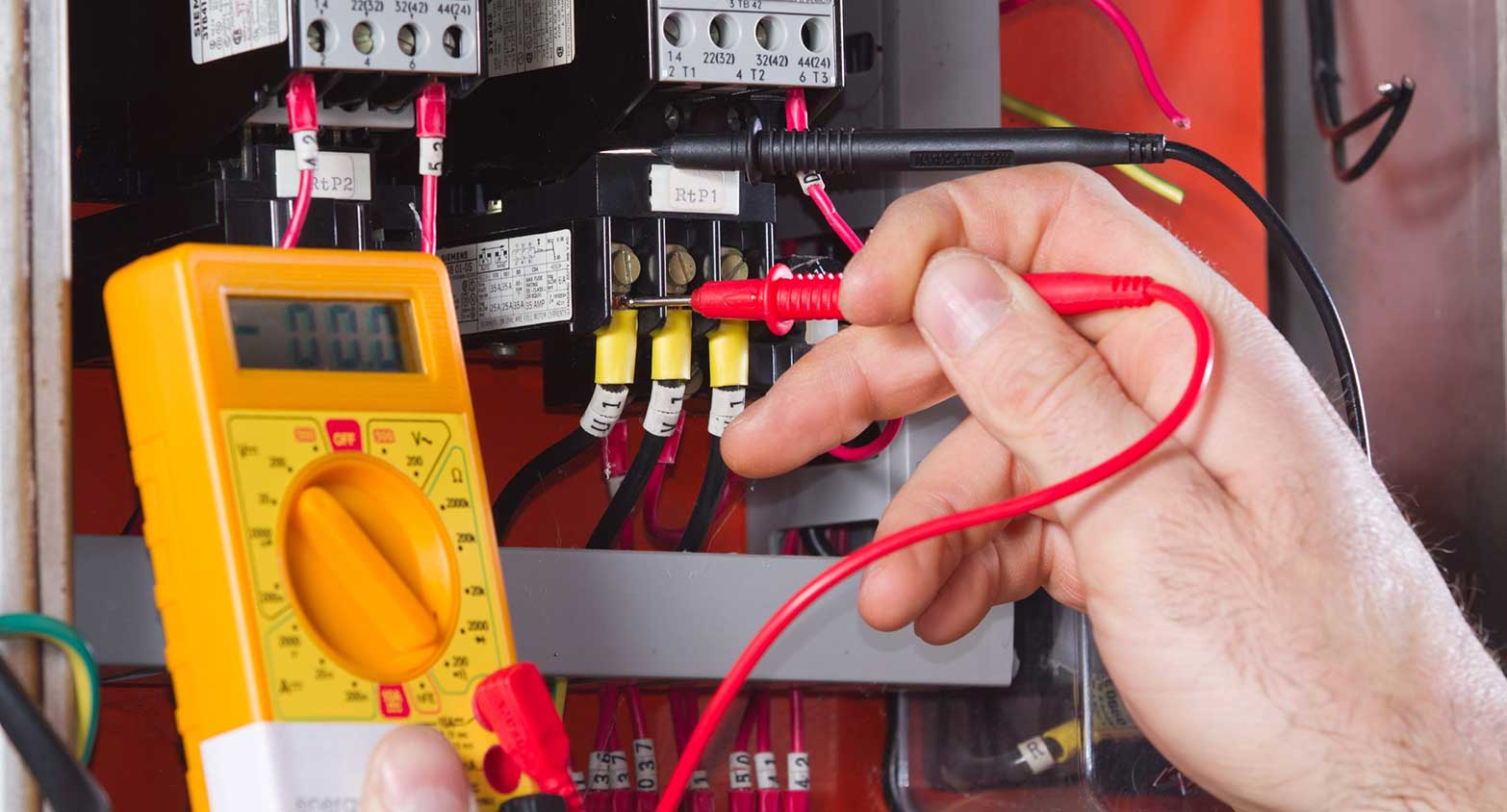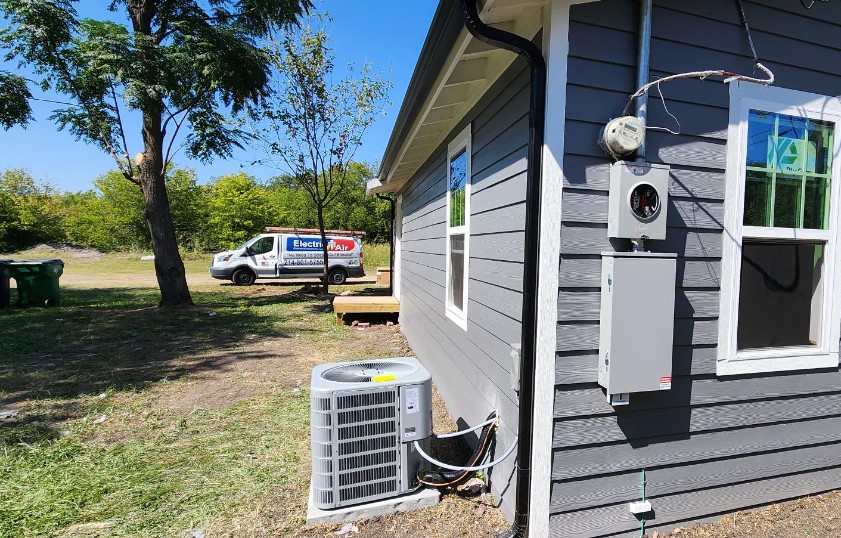
All About HVAC Filters
In the intricate ecosystem of a home’s HVAC (Heating, Ventilation, and Air Conditioning) system, filters play a pivotal role that often goes underestimated. Not only do pollutants impact air quality, they also harm HVAC efficiency. It is important to select the right size of HVAC filters to maintain a healthy, comfortable, and energy-efficient home. This article will guide you through the essentials of HVAC filters, emphasizing their significance and navigating the process of choosing the appropriate size for your system. For professional assistance and more information, DFW Electrician & HVAC remains a resourceful ally in ensuring your HVAC system operates optimally.
The Importance of HVAC Filters
The primary purpose of HVAC filters is to remove particles and contaminants from the air as it circulates through the heating and cooling system. These particles include dust, pollen, pet dander, mold spores, bacteria, and other allergens. By capturing these pollutants, HVAC filters not only enhance the indoor air quality but also protect the HVAC system itself from dust buildup that can lead to inefficiency or damage.
A clean and effective filter ensures that your HVAC system runs smoothly, requiring less energy to heat or cool your home. This means that you will pay less for utilities and have a smaller impact on the environment. Moreover, by preventing dust and debris from accumulating in the system’s components, properly maintained filters extend the lifespan of your HVAC unit, saving homeowners on costly repairs or premature replacement.
Finding the Right Size Filter for Your HVAC System
Selecting the correct filter size is critical for its effectiveness and the overall performance of your HVAC system. An ill-fitting filter can allow unfiltered air to pass around the edges, diminishing the air quality and putting additional strain on the system. Here’s how to ensure you find the right size filter for your HVAC system:
- Check the Existing Filter: The simplest way to determine the correct filter size is to check the dimensions of the current filter installed in your system. Most filters list their size on the frame in inches, such as 16x25x1.
- Consult Your HVAC Manual: If you don’t have an existing filter to reference or if you suspect it’s the wrong size, consult your HVAC system’s manual. The manufacturer’s manual should clearly indicate the recommended filter type and size.
- Measure the Filter Slot: If all else fails, you can measure the filter slot yourself. For precise measurements, use a tape measure to determine the slot’s length, width, and depth. It is recommended to measure twice. For accurate measurements, use a tape measure to determine the length, width, and depth of the slot. It is recommended to measure twice.
- Understand Filter Ratings: Besides size, it’s important to consider the filter’s MERV (Minimum Efficiency Reporting Value) rating, which indicates how effectively it can trap particles. Filters with higher MERV ratings can capture smaller particles, improving indoor air quality. However, very high MERV ratings may restrict airflow, straining the HVAC system, so it’s essential to strike a balance or consult with a professional.
- Consult Professionals: When in doubt, professional advice can be invaluable. DFW Electrician & HVAC experts can provide tailored recommendations for optimal efficiency and air quality.
Conclusion
HVAC filters are essential for maintaining air quality and efficiency of your home’s HVAC system. Choosing the right size and maintaining filters can improve your health, comfort, and finances. Remember, regular replacement or cleaning of your HVAC filter (depending on the type) is just as important as choosing the right size, as a clogged filter can negate all its benefits. For those seeking professional guidance or services, DFW Electrician & HVAC stands ready to assist, ensuring that your HVAC system remains a source of comfort and efficiency in your home.
Recent Posts
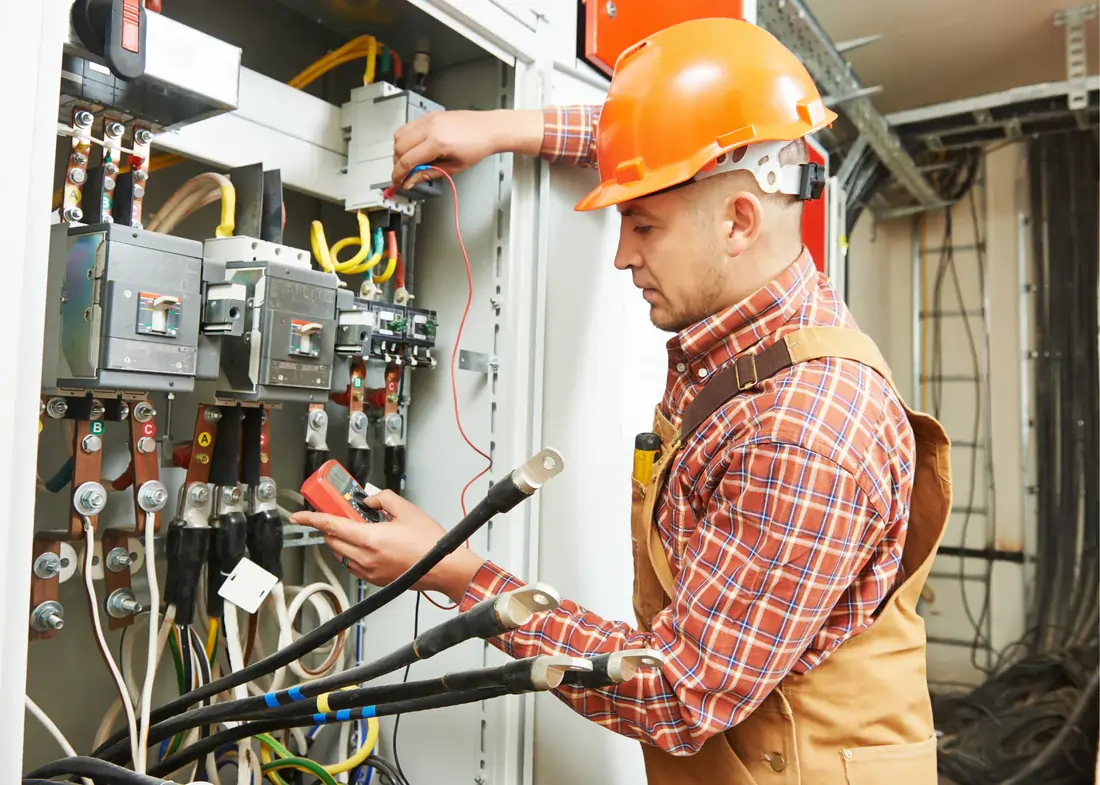
Common Electrical Problems in Older Fort Worth Homes
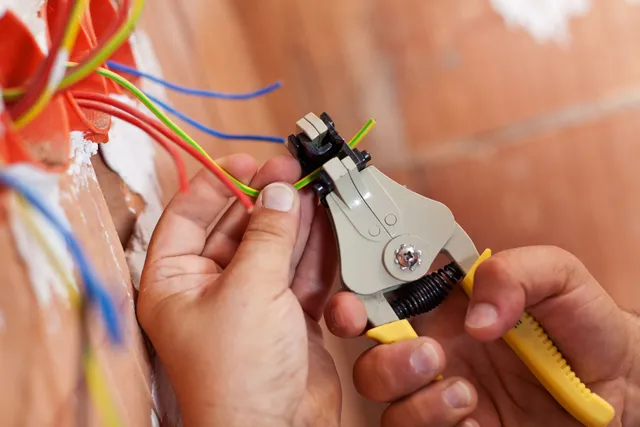
Why a Licensed Electrician is Essential for Home Renovations in Burleson
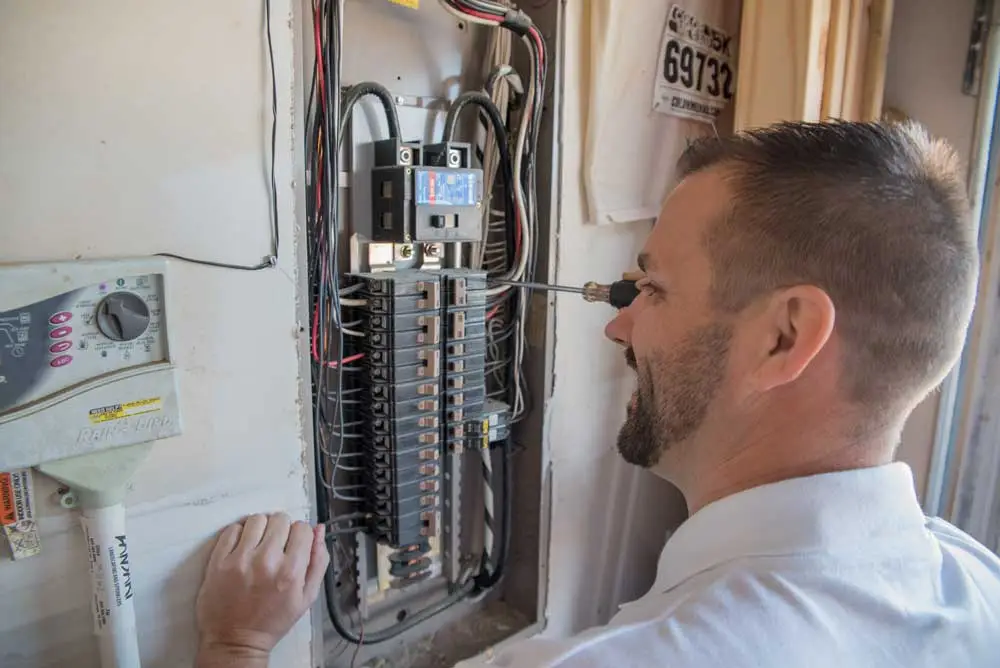
How to Prepare Your Irving Home for an Electrical Inspection
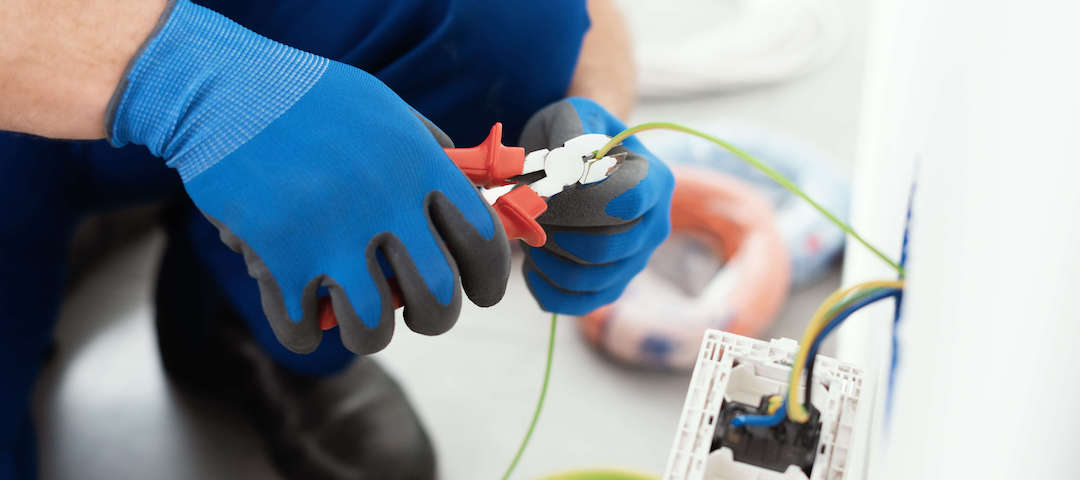
The Importance of Routine Electrical Inspections in Plano
Related Post
January 22 2025
Why Licensed Electricians in Fort Worth Are Vital for Commercial Projects
When it comes to commercial construction and renovation, safety should be given the topmost priority. Usually, the electrical system in a commercial building is much more complicated than in residential properties because it powers extensive lighting, heavy machinery, HVAC systems, and much more. Any mistakes in load distribution, wiring, or installation can lead to power […]
January 21 2025
Why Choose a Licensed Electrician in Arlington TX for Home Repairs?
Every homeowner has that moment of panic. The lights flicker, an outlet sparks, or a strange buzzing sound comes from behind the wall. Most people think, “I can handle this myself,” but here’s a reality check that might just save your home—and your wallet. The Neighborhood Cautionary Tale Walk down any street in Arlington, and […]
January 19 2025
Signs You Need a Licensed Electrician in Carrollton for Troubleshooting
There is no doubt that the electrical system is one of the most complex systems in your house. Though most of us take this system’s functionality and utility for granted, everybody should handle it with utmost care to avoid any problems down the road. In most cases, we ignore the signs that indicate that the […]






